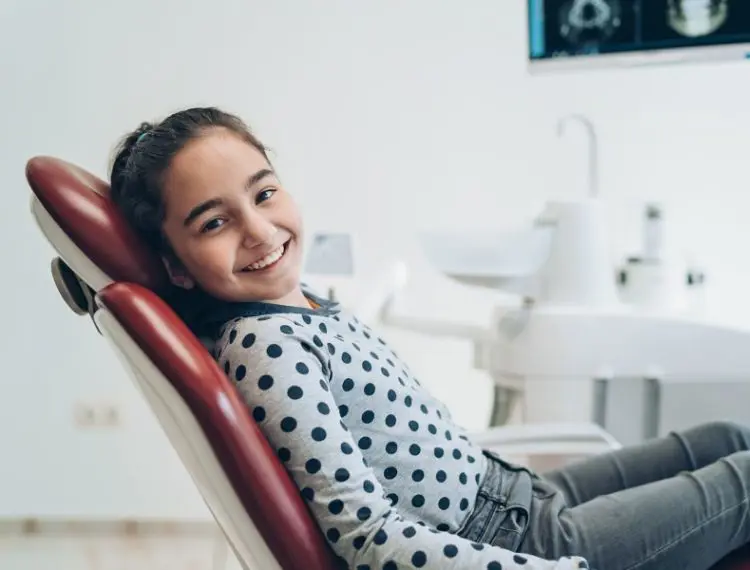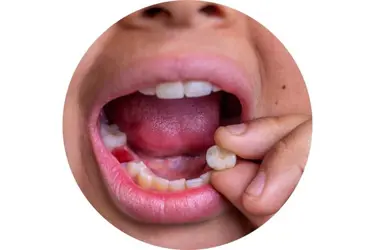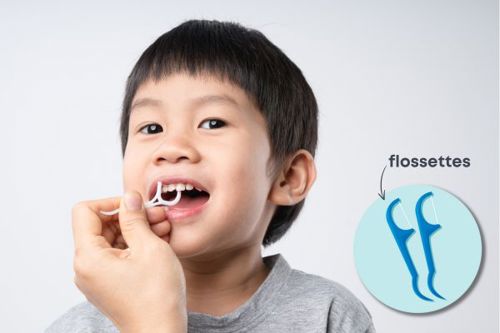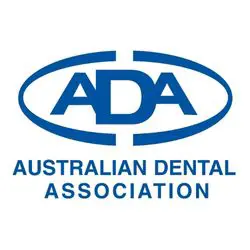
Key messages
- Baby teeth are important and need to be cared for well.
- Baby teeth will start to become loose around age six.
- Flossing is recommended for children once they have at least 2 teeth touching side-by-side.
- Parents should help their children to brush and floss until around 8 or 9 years old.
- Young children may be recommended to visit the dentist every 6 months as they grow but may move to 12 monthly appointments once they have all their teeth and care for them well.
Childrens oral health needs vary greatly as they grow and develop.
Are baby teeth important?
By the age of 3, your child will have a full set of 20 baby teeth. These teeth are very important, even though your child will lose these teeth when they are older.
Baby teeth eventually fall out so that the adult teeth can push into the mouth. But that does not mean cleaning them is not important. If your child loses their baby teeth earlier than they need to, they might have problems with their teeth when they are older. For example, their teeth might become crowded when their adult teeth come through.
When will my child lose their baby teeth?
Baby teeth will start to become loose and wiggly at around age six. This often starts with the lower front teeth.
It is important to remember that all children develop in different time frames. Some children may lose their first tooth earlier than 6 years, and others may be a little late. This is normal.

When will the adult teeth come through?
Adult teeth start to develop inside the jaw from birth. Around the age of 6, your child’s first adult teeth will push into the mouth. This includes their 4 first adult molar teeth. These teeth push into the mouth behind your child's baby teeth, so no teeth need to fall out for them to come into the mouth. As your child gets older, more baby teeth will fall out and be replaced by adult teeth. Your child will likely have all of their adult teeth around 13 years old.
The timing of when permanent teeth push into the mouth is different between children. However, the rough timeline of when the adult teeth appear in the mouth is below.
Around 21 years old, most people have all 32 adult teeth. This includes 16 teeth in the top jaw and 16 teeth in the bottom jaw. However, some people will only have 28 teeth in their mouth. The wisdom teeth often cannot fit in the mouth or sometimes they do not grow at all. It is common for wisdom teeth to not fit in the mouth. Therefore, many people will only have 28 teeth in their mouth.
Around the age of 21, most people have a full set of 32 permanent teeth. This includes 16 teeth in the upper jaw and 16 teeth in the lower jaw. It is common for wisdom teeth (3rd molar teeth) to not develop or be able to push through to fit in the mouth. Therefore, many people will only have 28 teeth in their mouth.

Brushing and flossing
Everyone is recommended to brush their teeth twice per day. This includes children of all ages. You can start using a powered toothbrush from 3 years old. Some powered toothbrushes have a built-in 2-minute timer. This can make it easier for your child to know how long to brush for. Read more about brushing.
Toothpaste is an important part of brushing. Read about choosing toothpaste and how much your child is recommended to use when they brush.
Flossing is also important for children. Flossing is recommended for children once they have at least 2 teeth touching side-by-side. Your dentist can show you and your child techniques and items that can make flossing easier. Some children have larger spaces between their teeth, which means flossing may not be needed between all of the teeth. Flossettes can be useful for parents cleaning between their child's teeth or for children to use themselves. You will need to help your child until they have the skills to floss alone.

What age do I stop helping my child to clean their teeth?
Parents should help their children to brush and floss until around 8 or 9 years old. At this age, their physical skills are more developed. This means they can hold and control their toothbrush or floss better for good dental care. A good reference for this time is when your child starts using a pen at school instead of a pencil.
Visiting the dentist
The Australian Dental Association recommends children have their first dental visit when their first teeth appear in the mouth. By 3 years of age, your child should have had their first dental visit and are hopefully starting to understand how to keep their teeth and gums healthy.
It is important for your child to visit the dentist regularly to:
- make sure their teeth are being cleaned well
- make sure they do not have tooth decay
- check how their teeth and jaw are growing, for example are the teeth appearing in the mouth at the right time.
Young children may be recommended to visit the dentist every 6 months as they grow, and their teeth appear. Once children are older and take good care of their teeth, their dentist may suggest moving to 12 monthly appointments.
Where can my child get a dental check-up?
Your child may be eligible to attend the public dental clinics for their dental care. In some states, there may also be a school dental service.
If you get a government benefit, such as Family Tax Benefit A payments, your child may be able to use the Child Dental Benefits Schedule.
This is program provides children under 17 years with access to $1,095 of dental care. This can include:
- examinations
- x-rays
- professional dental clean
- fissure sealants
- fillings
- root canal treatment
- tooth extractions.
Children can get use the CDBS at public dental clinics and private dental clinics. You can check if your child is eligible using myGov.
I think my child needs braces. When should have this looked at?
If you think your child may need braces, this is something you can talk to your dentist or a specialist orthodontist about. The Australian Society of Orthodontists recommend children have an orthodontic check-up between the ages of 7 – 10. All the adult teeth do not have to be present in the mouth for this to be done. A check-up at an early age means early intervention treatment can be done if it is needed.
My child is snoring and teeth grinding. Can a dentist help?
If you notice that your child grinds their teeth or snores whilst sleeping, they should visit the dentist. These habits may be a sign of issues that need to be looked at.


